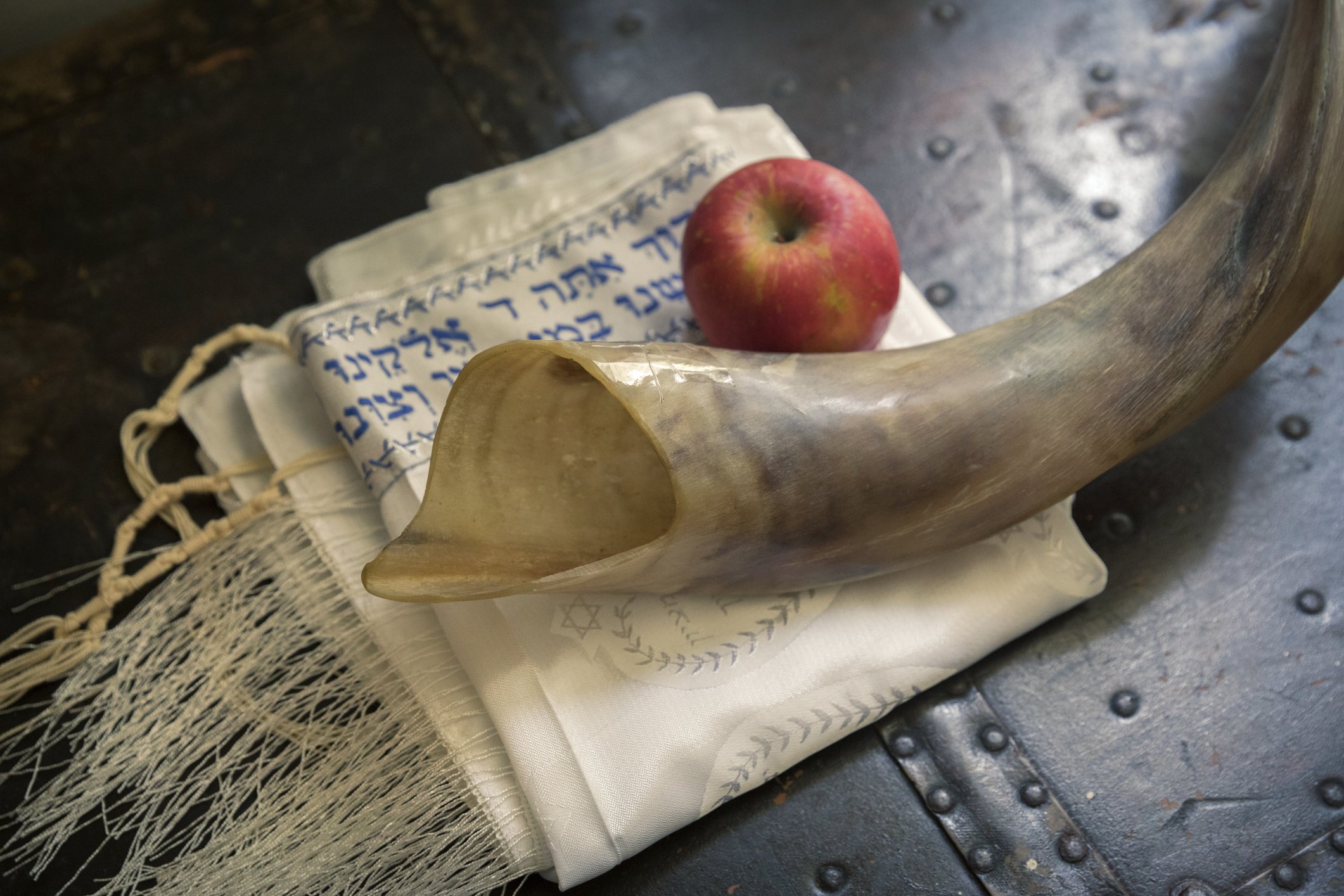
Yom Kippur
Bible Verses about Yom Kippur
Leviticus {23:27 NASB95}
27 "On exactly the tenth day of this seventh month is the day of atonement; it shall be a holy convocation for you, and you shall humble your souls and present an offering by fire to the LORD.
Leviticus {16:29-34 NASB95}
29 "[This] shall be a permanent statute for you: in the seventh month, on the tenth day of the month, you shall humble your souls and not do any work, whether the native, or the alien who sojourns among you; 30 for it is on this day that atonement shall be made for you to cleanse you; you will be clean from all your sins before the LORD. 31 "It is to be a sabbath of solemn rest for you, that you may humble your souls; it is a permanent statute. 32 "So the priest who is anointed and ordained to serve as priest in his father's place shall make atonement: he shall thus put on the linen garments, the holy garments, 33 and make atonement for the holy sanctuary, and he shall make atonement for the tent of meeting and for the altar. He shall also make atonement for the priests and for all the people of the assembly. 34 "Now you shall have this as a permanent statute, to make atonement for the sons of Israel for all their sins once every year." And just as the LORD had commanded Moses, [so] he did.
Exodus {30:10 NASB95}
10 "Aaron shall make atonement on its horns once a year; he shall make atonement on it with the blood of the sin offering of atonement once a year throughout your generations. It is most holy to the LORD." - Exo 30:10 NASB95
Our Yom Kippur series should be coming soon so be sure to check it out! In these episodes we will cover what the holiday is and means, how one observes this holiday, and so much more! If you have any questions feel free to email us at info@thewholetestament.com
Podcast
YouTube
Blog
Yom Kippur is regarded as the holiest day of the year in Judaism. On this day, the High Priest, or Kohen Gadol, was historically permitted to enter the Holy of Holies only once a year. It is a time dedicated to repentance and the restoration of one's relationship with Hashem. Our sins create a separation from the Almighty, and Yom Kippur is the occasion to seek reconciliation.
Yom Kippur holds profound significance as it points to the ultimate atonement found in Yeshua. In traditional Judaism, the High Priest's annual entry into the Holy of Holies to offer a sacrifice for the sins of the people foreshadows the ultimate sacrifice made by Yeshua. According to Messianic beliefs, Yeshua, serving as the perfect High Priest, entered the heavenly Holy of Holies and offered Himself as the atoning sacrifice once and for all. This act of atonement is seen as the fulfillment of the Yom Kippur sacrifice, bridging the gap between humanity and Hashem. On Yom Kippur, we reflect not only on personal repentance and reconciliation but also on the redemptive work of Yeshua, who enables a restored and eternal relationship with the Almighty.
The days preceding Yom Kippur are known as the "Days of Awe." During this period, individuals strive to mend conflicted relationships. Traditionally, Yom Kippur involves a 25-hour fast from food and water. Additionally, participants abstain from worldly comforts such as showering, sitting on chairs, and wearing leather shoes. Customarily, one wears all white and devotes the day to prayer and reflection on actions that require repentance.
We hope you were able to learn about this holiday and grow in wisdom and understanding. Repentance is an important aspect of our faith and it can feel complex and difficult to approach. It is our hope that in some way we might have assisted you in approaching Hashem after humbling yourself. Feel free to look at some additional resources we feel might be helpful.